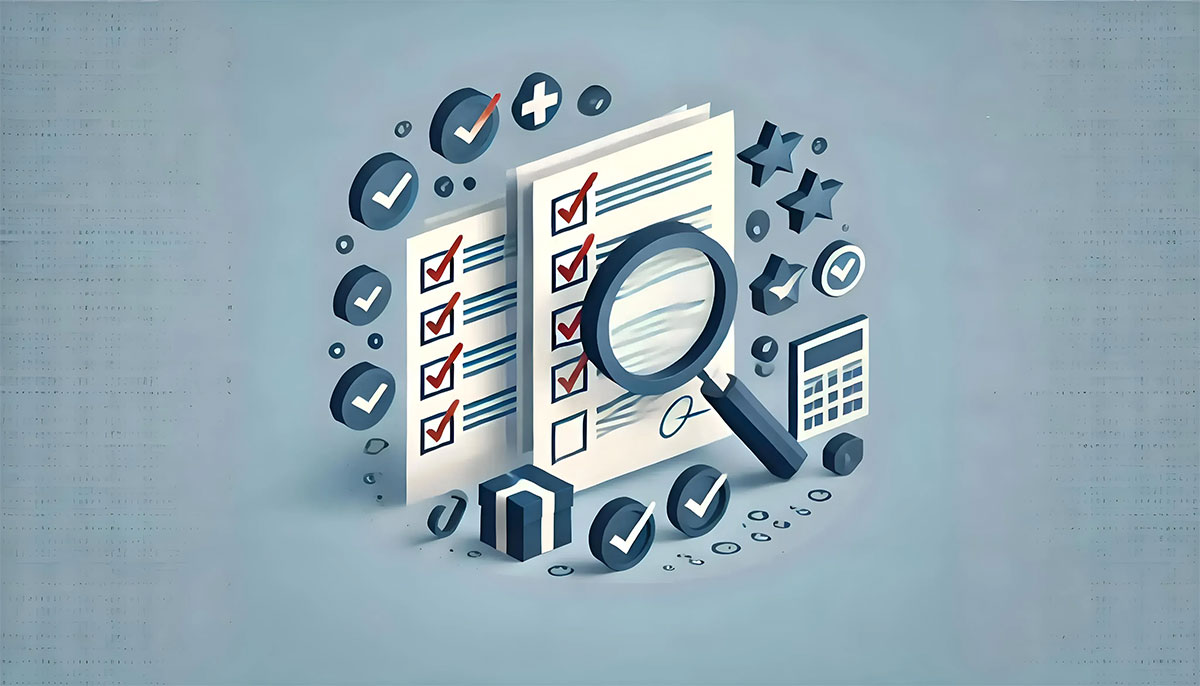Data Security Standards
Data security standards are crucial for protecting sensitive information against unauthorized access, corruption, manipulation, or theft. Such standards provide guidelines and best practices for organizations to safeguard their data assets and to ensure compliance with the relevant legal and regulatory requirements.
Importance of Data Security Standards
Data security standards are fundamental because they help organizations establish robust security frameworks to protect against various threats. By adhering to these standards, organizations can mitigate risks associated with data breaches, ensure the confidentiality and integrity of their data, and maintain customer trust.
Key Data Security Standards
- ISO/IEC 27001: This international standard provides a well reputed and widely adopted framework for managing information security. It helps organizations systematically manage and protect sensitive information against compromise by ensuring the implementation of suitable security controls tailored to their needs.
- NIST SP 800-53: Developed by the National Institute of Standards and Technology, this standard provides a catalog of security and privacy controls for federal information systems and organizations. It is widely adopted across various sectors.
- PCI DSS: The Payment Card Industry Data Security Standard is designed to protect cardholder data. It outlines technical and operational requirements for organizations that handle credit card transactions to prevent fraud and data breaches.
- GDPR: The General Data Protection Regulation is a legal framework that sets guidelines for the collection and processing of personal information from individuals within the European Union. It emphasizes the protection of personal data and privacy.
- HIPAA: The Health Insurance Portability and Accountability Act sets the standard for protecting sensitive patient data in the healthcare sector. It mandates that organizations handling protected health information implement physical, network, and process security measures.
Implementation of Data Security Standards
Implementing data security standards involves several steps:
- Risk Assessment: Conducting a thorough risk assessment to identify potential threats and vulnerabilities. This helps in prioritizing security measures based on the level of risk.
- Policy Development: Establishing comprehensive security policies that align with the chosen standards. These policies should cover aspects such as data encryption, access controls, incident response, and employee training.
- Technical Controls: Implementing technical controls like firewalls, intrusion detection systems, and encryption to protect data from unauthorized access and cyber attacks.
- Monitoring and Auditing: Continuously monitoring systems for suspicious activities and conducting regular audits to ensure compliance with security standards. This helps in identifying and addressing security gaps promptly.
- Training and Awareness: Educating employees about data security practices and the importance of adhering to security policies. Regular training sessions can significantly reduce the risk of human error leading to data breaches.

Benefits of Adhering to Data Security Standards
- Regulatory Compliance: Meeting legal and regulatory requirements, thereby avoiding fines and penalties associated with non-compliance.
- Risk Reduction: Minimizing the risk of data breaches, cyber attacks, and other security incidents that can lead to financial and reputational damage.
- Customer Trust: Enhancing customer trust by demonstrating a commitment to protecting their sensitive information.
- Operational Efficiency: Streamlining security processes and improving overall operational efficiency by adopting standardized practices.
- Competitive Advantage: Gaining a competitive edge by positioning the organization as a leader in data security and privacy protection.
Teichmann International (IT Solutions) AG offer comprehensive Security Auditing and Compliance Auditing services. Whether you're starting with implementing data security standards or looking to evaluate your compliance with ISO 27001, our expert team is here to help you navigate the complexities involved. Contact us today to learn more about how we can assist.
